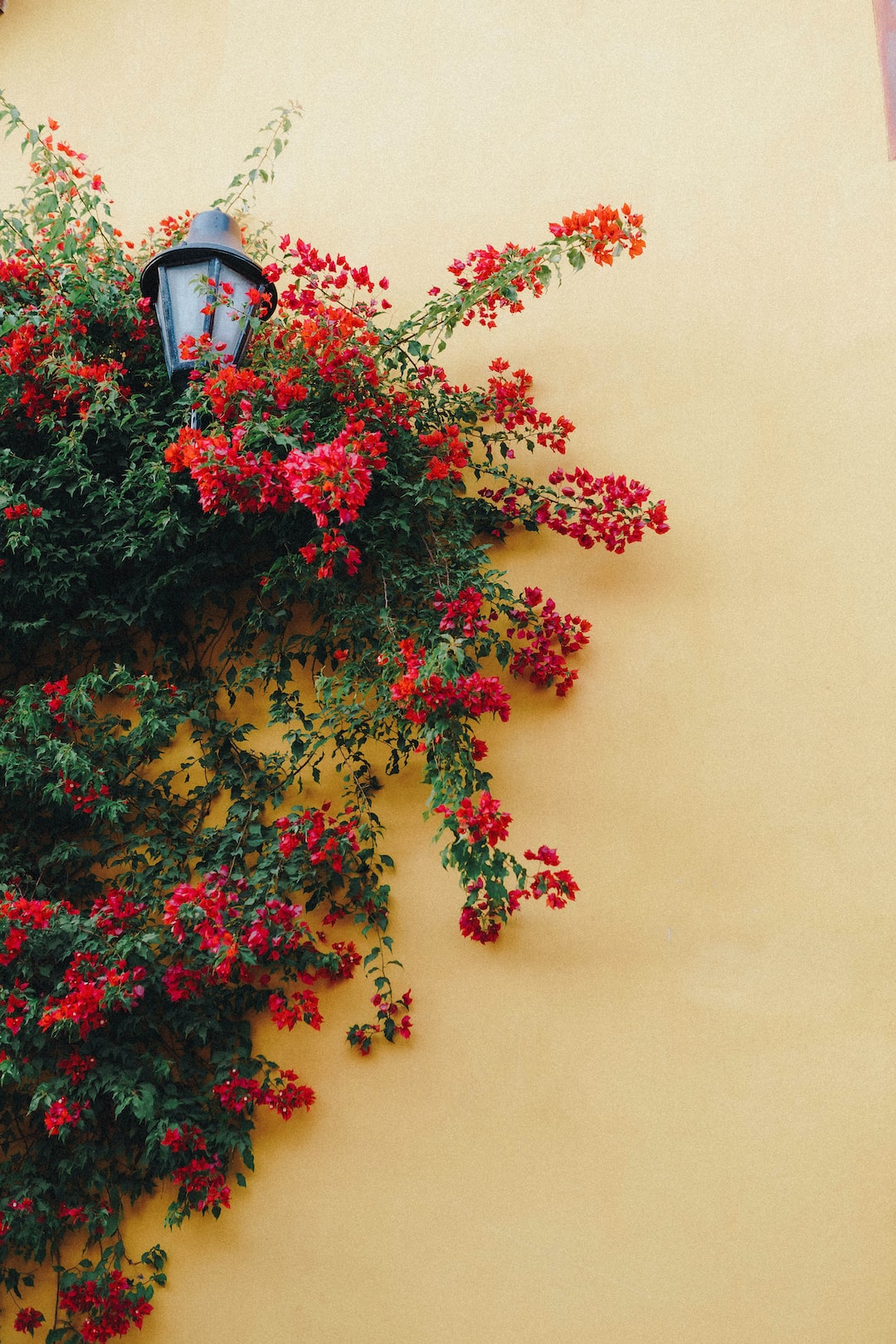Cartagena, a vibrant city located on Colombia’s Caribbean coast, is known for its rich Afro-Caribbean culture that is deeply rooted in its history and traditions. From the moment you arrive, you can feel the rhythm and energy in the air, and one of the best ways to truly immerse yourself in this culture is through its music and dance.
Afro-Caribbean music is characterized by its infectious beats and soulful melodies that reflect the struggles and triumphs of the African diaspora in Colombia. One popular genre, champeta, originated in the 1970s as a fusion of African rhythms with Caribbean sounds. It is featured in colorful street parades and lively parties known as piquerías, where locals gather to dance and celebrate their heritage.
Attending a champeta piqueria, you will be amazed by the energy and enthusiasm that fill the streets. People of all ages dance together, their bodies moving gracefully to the rhythm of the drum and the mesmerizing melodies of the guitar. The atmosphere is electric, and it’s impossible not to get caught up in the joy and excitement that permeate the event.
Another unique Afro-Caribbean dance you will encounter in Cartagena is cumbia. This genre has its roots in traditional African and Indigenous music and is characterized by its distinctive rhythm and beautiful melodies. In cumbia, the dancers move in a circular formation, gracefully gliding across the dance floor while twirling their colorful skirts and waving delicate handkerchiefs. It’s a captivating spectacle that transports you to a different era.
Beyond the vibrant music and dance, Cartagena also offers opportunities to learn about the history and significance of Afro-Caribbean culture. The city is home to various cultural centers and museums that showcase the contributions of Afro-Colombians to the country’s cultural heritage. Here, you can learn about the struggles faced by the Afro-Caribbean community and how their resilience has shaped the city’s identity.
One such example is the Palenque de San Basilio, a small village located just outside of Cartagena. This UNESCO Cultural Heritage site is the first free African town in the Americas, and it serves as a living testament to Afro-Caribbean history. Visiting Palenque de San Basilio, you can listen to traditional music and witness ancestral rituals that have been passed down through generations, providing a glimpse into the vibrant traditions that have endured over time.
In conclusion, Cartagena’s Afro-Caribbean culture is an essential part of the city’s identity. Through its music and dance, you can experience the energy and passion that permeate every corner of this vibrant city. Whether attending a champeta piqueria or learning about the history of Afro-Colombians, this cultural immersion will leave you with a newfound appreciation for this rich heritage and a desire to explore even more. So next time you visit Cartagena, don’t miss the opportunity to discover the Afro-Caribbean culture that makes this city truly unique.

